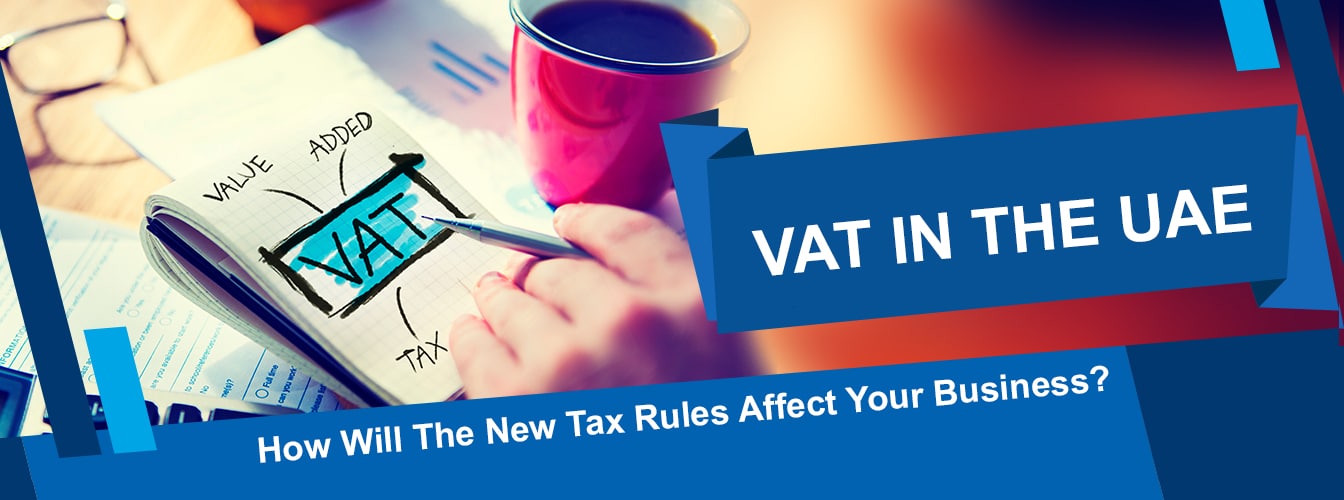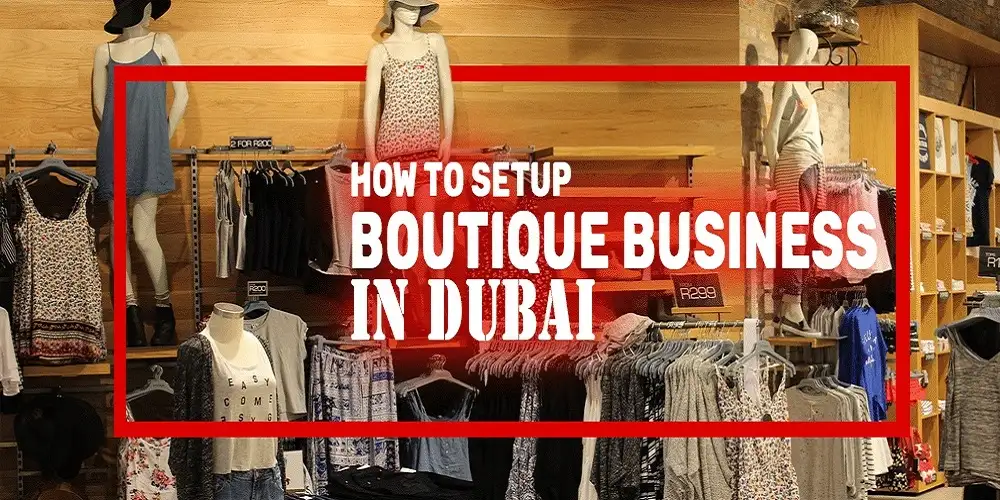From January 1, 2018 value added tax (VAT) came into effect for the first time in UAE. UAE is well known in offering low-tax business environment. Naturally businesses got concerned about the financial and managerial implications of VAT.
Let’s dig into the benefits and downsides of VAT from business perspective but first, let’s understand why VAT is implemented in UAE?
Why VAT is being implemented in UAE?
For decades, GCC countries have relied on their oil resources to generate revenues. Due to increase in global competition, fall of demand and substantial drop in the price of crude oil/barrel – from US$147 in 2008 to $50 today has led GCC countries to diversify their revenue resources in order to stay globally competitive.
This is why VAT is introduced at a rate of 5% across GCC countries. This rate is quite low as compared to other countries, some of whom are charging more than 20%.
How Will VAT Affect Your Business?
Registration
If your UAE business has annual turnover of AED 375,000 (around US$100,000); you will have to register your company for VAT. You can also voluntarily register for VAT if your company generates 50% (AED 187,500) of the threshold.
VAT Exempt and Zero Rate Transactions
UAE govt. has levied 5% VAT on most products and services but few sectors will not incur VAT. They are either VAT Exempt or charged Zero Rate.
Zero Rate includes:
- Export of goods and services outside GCC
- Education
- Healthcare and medical equipment
- Supply of aircraft, buses and trains
- International transport services
- Certain investment grade precious metals
- Newly constructed or converted residential properties
- Crude oil and natural gas
Exempt rate includes:
- Residential buildings
- Bare land
- Local public transport services
- Some financial services
- Life insurance and margin-based products such as loans and fixed deposits
More detail on the scope VAT exemptions and 0 rates will be provided by govt. in VAT regulations and guidance.
What are the challenges of VAT for my business?
1. Increased costs
There will be extra set of functions that your business will have to perform for VAT Compliance that will lead to incurring administration and implementation costs.
- You will have to update your IT and accounting systems
- Give training to employees of VAT processes
- Hire accounting specialist to assist in transition
On the up side, VAT compliance will be hard in the beginning but not in the longer run as with time business will get used to it.
2. Changes In Business Structure
One of the biggest challenges is that VAT will be charged at each stage of production and distribution that can be difficult to manage especially for construction companies. If you have multiple branches of business providing same product or service, keep check of transfer made between different stages so that you do not incur VAT multiple times. If you are big business offering different products, you will have to restructure to escape VAT leakage.
3. You Will Be Accounted For VAT
After VAT registration, prepare and keep track of business records. Govt. can check your annual accounts, ledgers, invoices or any other financial information to ensure your VAT compliance. Secure and update your business records for 5 years and if your business undergoes audit, you should be ready to provide them.
4. VAT rate may be increased
VAT rates do not remain fixed. In fact many UAE companies are concerned that the rate might increase in future. And not just rate, zero rate products and services can also be increased. This fear of increased costs creates uncertainty for the future.
5. Penalties for non-compliance
If your company did not comply with VAT, you can face minimum of AED 500 up to 5 times amount of VAT that you were required to pay at the first time. These penalties can be really harmful for your business.
VAT is NOT a business expense
The important point to consider is that VAT is not a business expense but a cost that is eventually passed on to the customer when he buys a product. Businesses serve only as “collection agents” i.e. collecting VAT on behalf of UAE govt. This way, companies help in making the economy more prosperous and efficient.
Even though these challenges seem a bit overwhelming, their implementation will help your business in the longer run as they will run more efficiently by having streamlined operations.
At such an initial level, we highly recommend that you seek professional help from our consultants at KWSME. Our financial experts will update you of all new regulations as well as devise implementation strategy in order to help you successfully submit VAT returns.



